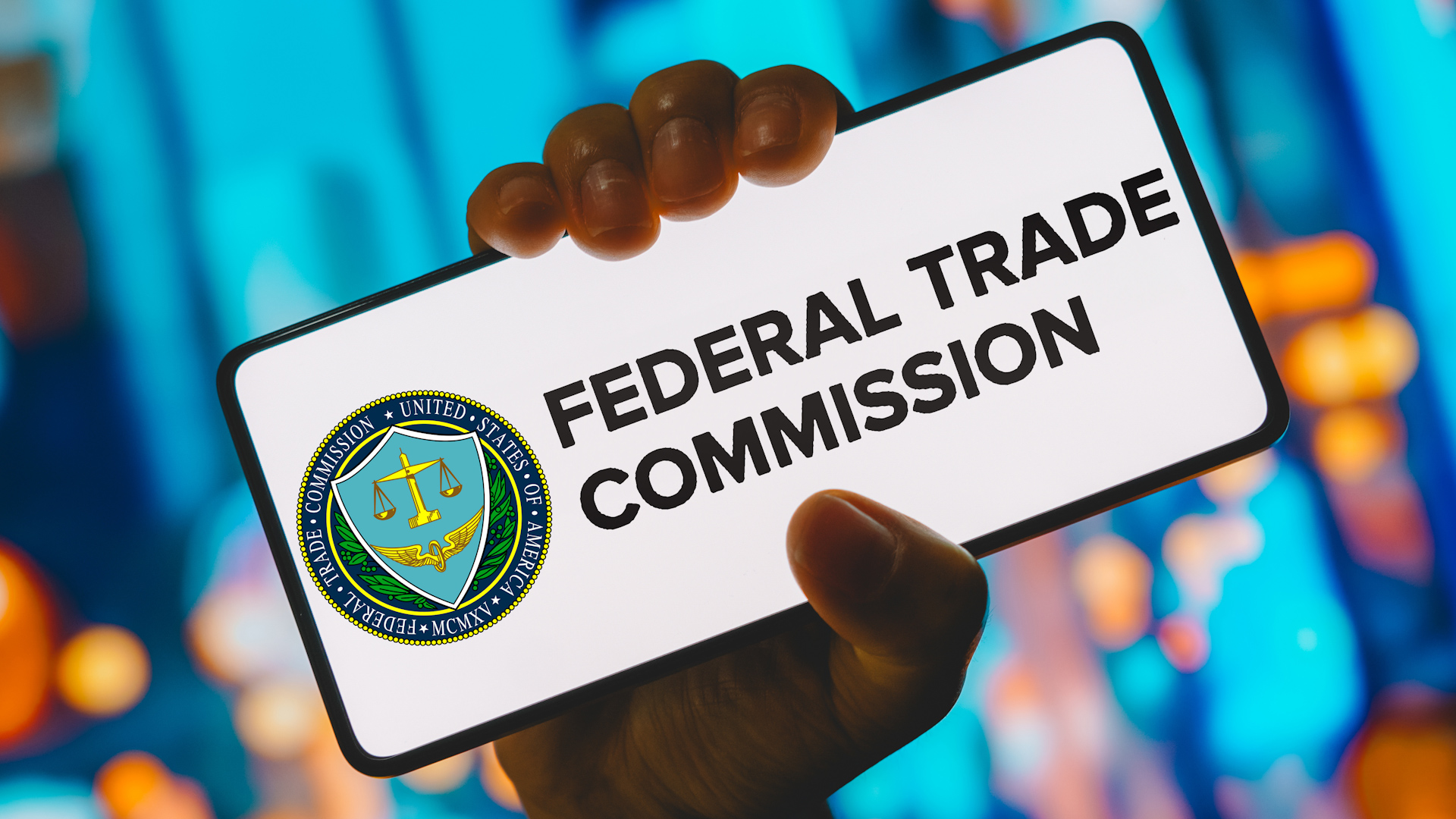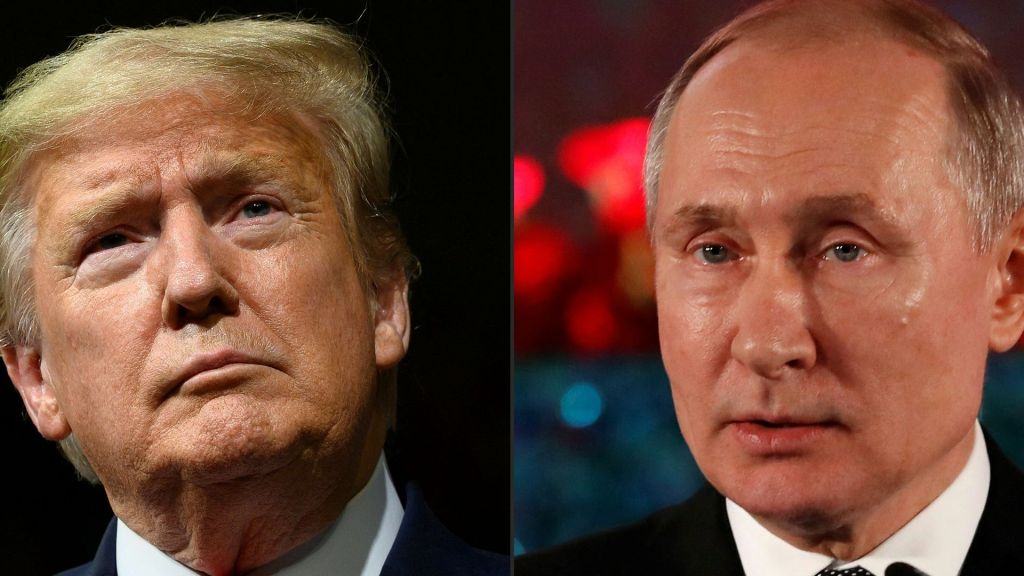
[KARAH RUCKER]
IN A 3 TO 2 VOTE TUESDAY THE FEDERAL TRADE COMMISSION VOTED TO BAN NON-COMPETE AGREEMENTS NATIONWIDE, IMPACTING AN ESTIMATED 30 MILLION WORKERS.
THIS RULE PROHIBITS NEW NON-COMPETE CLAUSES AND NULLIFIES EXISTING ONES, EXCEPT FOR CERTAIN HIGH-EARNING SENIOR EXECUTIVES.
THE FTC ESTIMATES THAT BANNING NONCOMPETE AGREEMENTS COULD BOOST WAGES BY NEARLY $300 BILLION ANNUALLY.
WHILE SUPPORTERS APPLAUD THE DECISION AS A VICTORY FOR WORKER RIGHTS — OPPONENTS, INCLUDING THE U.S. CHAMBER OF COMMERCE ARGUE IT THREATENS TO UNDERMINE THE PROTECTION OF TRADE SECRETS AND COMPETITIVE EDGE.
THE FTC’S BAN IS EXPECTED TO BE CHALLENGED IN COURT.










